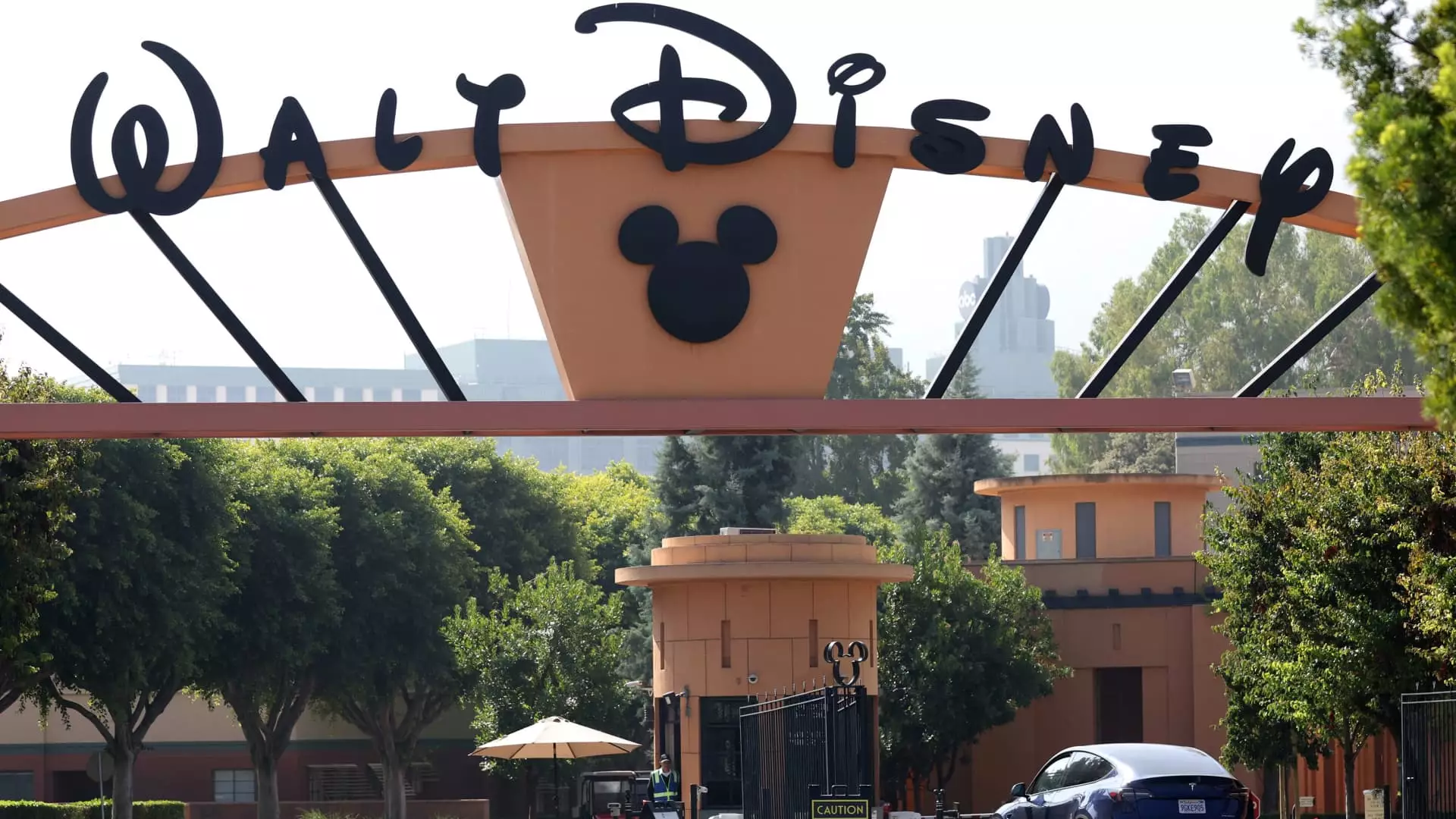In a dramatic maneuver that underscores the shifting dynamics of corporate governance, the Federal Communications Commission (FCC) has announced its intention to investigate the Walt Disney Company regarding its diversity, equity, and inclusion (DEI) strategies. This inquiry serves as a harsh reminder that the winds of corporate accountability are changing, placing pressure on companies to re-evaluate their DEI policies. While Disney has long been a staple of American entertainment culture, this scrutiny signals a growing concern over whether businesses are genuinely fostering inclusion or merely ticking boxes to satisfy regulatory and societal demands.
An Undeniable Controversy
The backlash against diversity initiatives is regaining momentum, fueled by political narratives that question the legitimacy and ethics of DEI programs. FCC Chairman Brendan Carr, appointed under the Trump administration, is seemingly leading this crusade against what he terms “invidious forms of DEI discrimination.” His remarks hint at a troubling paradigm: the concept of inclusion itself is being weaponized against companies like Disney. The question arises: are we devolving into a polarized landscape where companies become targets for partisan scrutiny over their internal policies? This inquiry not only aims to hold corporations accountable but also appears to reflect a broader societal backlash against progressive values in business.
Disney in the Crosshairs
Disney’s response has revolved around a willingness to engage with the FCC’s questions, a prudent choice given the stakes involved. The company has garnered criticism for its evolving stance on various social issues, prompting accusations of hypocrisy in the face of consumer demand for authenticity. For decades, Disney has successfully managed to balance its corporate profitability with cultural relevance, but this new chapter invites doubts about how sustainable that balance will be in an increasingly polarized media landscape.
The FCC’s inquiry raises the stakes for Disney’s leadership, particularly for CEO Bob Iger, who now finds himself navigating treacherous waters. Iger, who previously championed diversity within the company, must ensure that Disney’s policies don’t just exist to appease critics but foster real, systemic change. Ultimately, the perception of Disney as a progressive entity will be tested against the backdrop of the FCC’s findings.
Broader Implications for Corporate America
This situation serves as a critical case study for other corporations actively engaging in DEI initiatives. The scrutiny levied upon Disney could set a precedent for federal oversight over corporate behavior concerning social policies. As executives across various industries witness this unfolding drama, the question remains: will they continue investing resources in DEI, or will the fear of governmental repercussions prompt a rollback?
Moreover, it invites a broader conversation about the values that corporations should espouse in the 21st century. Are they meant to serve shareholders or bear the responsibility of shaping societal norms? The FCC’s actions are a catalyst for reevaluation, compelling American businesses to confront not only their DEI commitments but also their integral roles in the fabric of society.
In an era where the lines between corporate identity and social responsibility blur, Disney’s current predicament offers a bitter reality check. As the inquiry unfolds, the entertainment titan will not only be fighting for its corporate reputation but also wrestling with the complexities of what it means to lead in a time of societal upheaval.

